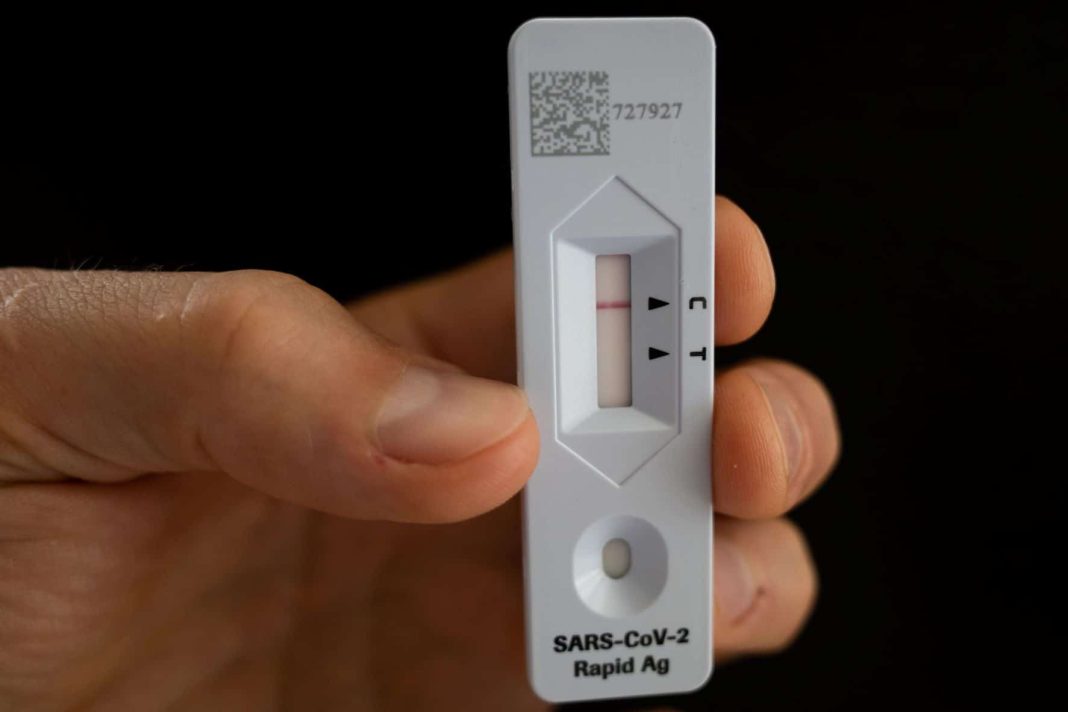The ACT Council of Social Service (ACTCOSS) has called on the Australian Government to continue to provide free Rapid Antigen Tests to concession card holders beyond 31 July when the program is due to expire.
Under the Rapid Antigen Test Concessional Access program, introduced in January, concession card holders can get up to 20 free rapid antigen tests from participating pharmacies until 31 July.
The Australian Council of Social Service believes that a cut to free RATs for concession card holders “is at odds with Prime Minister Albanese’s election night promise to ‘leave no one behind’.”
ACTCOSS CEO, Dr Emma Campbell said: “People are bracing for another COVID-19 wave, and those on low incomes are already going to extreme measures to make ends meet, pay rising energy bills, and keep a roof over their head in an exceptionally cold winter.
“The Australian Government must continue to provide free RATs for concession card holders. This is sensible policy to support people struggling to get by on low incomes and to protect individual and public health.”
ACTCOSS has also called for the continuation of Pandemic Leave and Crisis Payments for people with COVID-19, and the reinstatement of Medicare rebates for long telehealth consultations after the Federal Government removed them on 1 July.
Dr Campbell said: “Without the financial safety net provided by pandemic leave entitlements and crisis support payments, those on low incomes will face serious struggles when isolating.
“Telehealth services have enabled people with disability and others facing transport disadvantage to access health care during the pandemic.
“The withdrawal of subsidised extended telehealth consultations and free RATs for concession card holders will leave many vulnerable Canberrans without the supports and healthcare that they need as the COVID-19 epidemic worsens.
“As the ACT faces the prospect of 3,000 COVID cases a day, now is not the time to remove access to the key supports that have protected the health and wellbeing of individuals, their families, and the wider community.”



